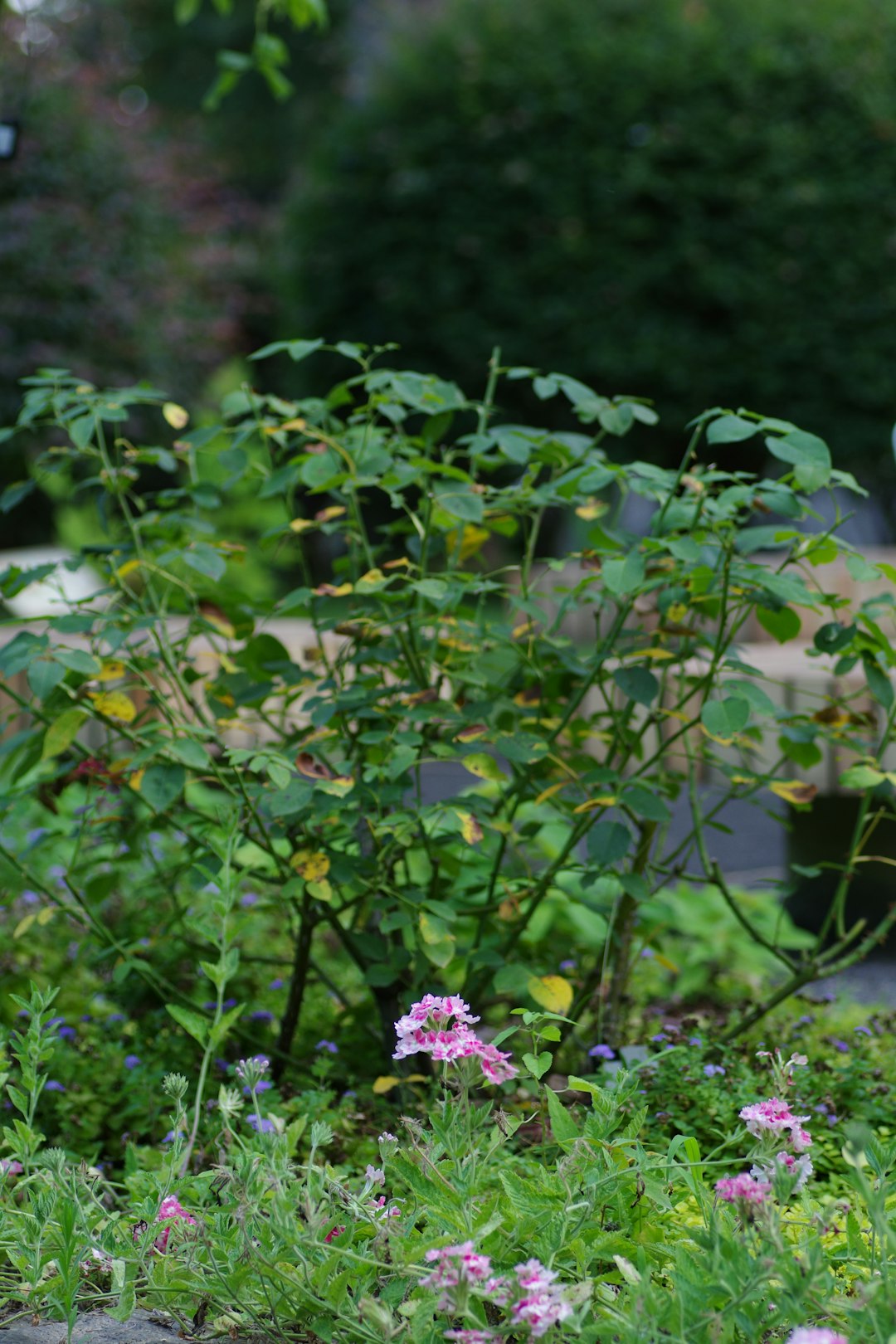The Magic of Straw in Your Vegetable Garden

When it comes to maintaining a thriving vegetable garden, there are numerous techniques and materials at your disposal. One often - overlooked yet incredibly useful method is mulching with straw. Straw mulch can transform the way you care for your vegetable garden, making tasks like weeding and watering significantly easier. In this article, we'll explore the many benefits of using straw in your garden and how to apply it correctly.
First and foremost, let's talk about the benefits of straw mulch. One of the most significant advantages is its ability to suppress weeds. Weeds are the bane of every gardener's existence. They compete with your vegetables for essential nutrients, water, and sunlight. By laying a thick layer of straw over the soil in your vegetable garden, you create a physical barrier that blocks sunlight from reaching weed seeds. Without sunlight, these seeds cannot germinate and grow. This means less time spent pulling weeds and more time enjoying your garden.
Another benefit of straw mulch is its water - retaining properties. Water is crucial for the growth and health of your vegetables. However, in many regions, water can be scarce, or it may evaporate quickly from the soil surface. Straw acts as an insulator, reducing the rate of evaporation. It traps moisture in the soil, ensuring that your vegetables have a consistent supply of water. This not only helps your plants thrive but also reduces your water consumption, which is not only good for your garden but also for the environment.
Straw mulch also plays a role in regulating soil temperature. Vegetables have an optimal temperature range in which they grow best. In hot summer months, the soil can become too warm, which can stress your plants. Straw mulch helps to keep the soil cool by providing shade. On the other hand, in cooler seasons, it can act as an insulator, protecting the roots of your vegetables from the cold. This temperature regulation can extend the growing season of your vegetables and improve their overall yield.
Furthermore, as straw decomposes over time, it adds organic matter to the soil. Organic matter is essential for healthy soil. It improves soil structure, making it more porous and allowing for better root penetration. It also provides a home for beneficial soil organisms such as earthworms and beneficial bacteria. These organisms help to break down organic matter further, releasing nutrients into the soil that your vegetables can absorb. This natural fertilization process reduces the need for chemical fertilizers, making your garden more sustainable.
Now that we've covered the benefits, let's discuss how to use straw mulch correctly. The first step is to prepare your vegetable garden. Remove any existing weeds and loosen the soil. You can use a garden fork or a tiller for this task. Once the soil is prepared, it's time to lay down the straw. You want to apply a layer that is about 3 - 6 inches thick. Make sure to spread the straw evenly over the soil, leaving a small gap around the base of your vegetable plants to prevent moisture from accumulating and causing rot.
When sourcing straw, it's important to choose clean, weed - free straw. You can purchase straw from a local garden center or farm supply store. Avoid using hay, as hay often contains seeds that can sprout and become weeds in your garden. If you have a large garden, you may even be able to find a local farmer who can sell you straw in bulk at a lower cost.
Throughout the growing season, you may need to add more straw as the existing layer decomposes. You can also use straw mulch around the base of taller plants to provide support and prevent them from falling over. Additionally, when it's time to harvest your vegetables, you can simply move the straw aside and then replace it after the harvest. At the end of the growing season, you can till the remaining straw into the soil to further enrich it.
In conclusion, mulching with straw is a simple yet effective way to care for your vegetable garden. It offers a wide range of benefits, from weed suppression and water retention to soil improvement. By using straw mulch correctly, you can make your gardening tasks easier and enjoy a more productive and sustainable vegetable garden. So, the next time you're looking for a way to enhance your yard - care routine, consider adding straw mulch to your vegetable garden.